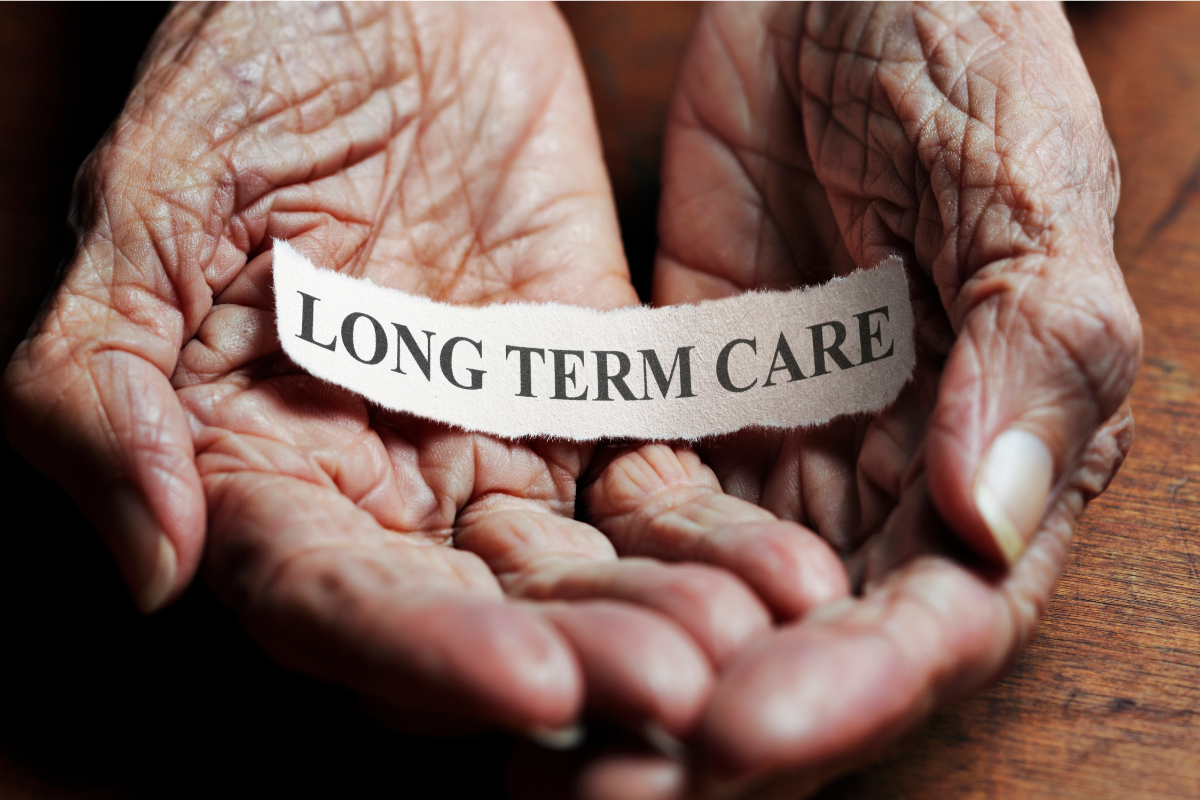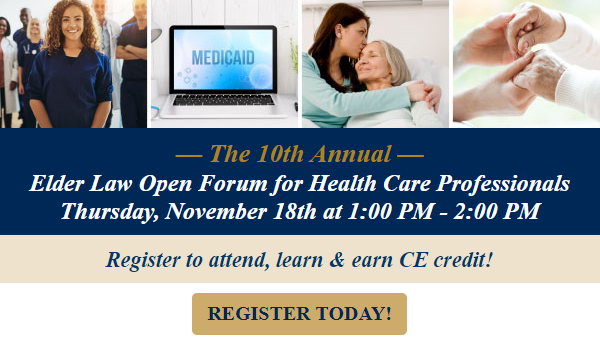A Patient Advocate Can Support Your Health Care Journey
More than 70 percent of adults in the U.S. report being dissatisfied with the health care system, according to TIME Magazine. Navigating the medical services network can be stressful and overwhelming, particularly for older adults facing increasingly complex health needs. The American…








